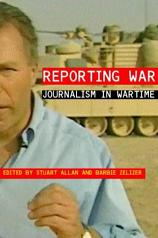So the police stopped a Dutch woman during a routine road safety check, asked for her licence and found out it had expired eleven years ago. When questioned, she explained she couldn’t get an extension as the new style licence, brought out in 1997 featured the symbol of the European Union, a circle of twelve stars and it’s against her religion to use this symbol. It’s unknown which bizarre sect this woman is a member of, but Dutch nieuwssite FOK thinks she may be a member of the Vrije Herbvormed Gemeente (Free Reformed Community) in Ijsselmuiden. In any case, it’s a good if extreme example of the modern Christian, who wants to be a martyr for their belief, but doesn’t want the hassle that comes with it.
In this case we have a Christian who refuses to get a new drving licence because of her beliefs, but who also refuses to stop driving. In other, more serious cases we’ve seen Christian civil servants who refused to marry gay couples but expect to keep their job, Christian pharmacists refusing to sell condoms or morning after pills but expect to keep their job, a Christian political party that discriminates against women but expects to keep its state subsidies, and so on and so forth. In all these cases these socalled Christians want to be able to force their morals on us, but not to pay the price for it. It’s the worst aspect of modern Christianity, of feeling victimised without being victimised, of not being able to see that if you make a moral chocie you have to pay the price for it.
You refuse to get a drivers licence because you dislike the symbols on it? Fine, it’s your choice. But if you do so, don’t keep driving.

